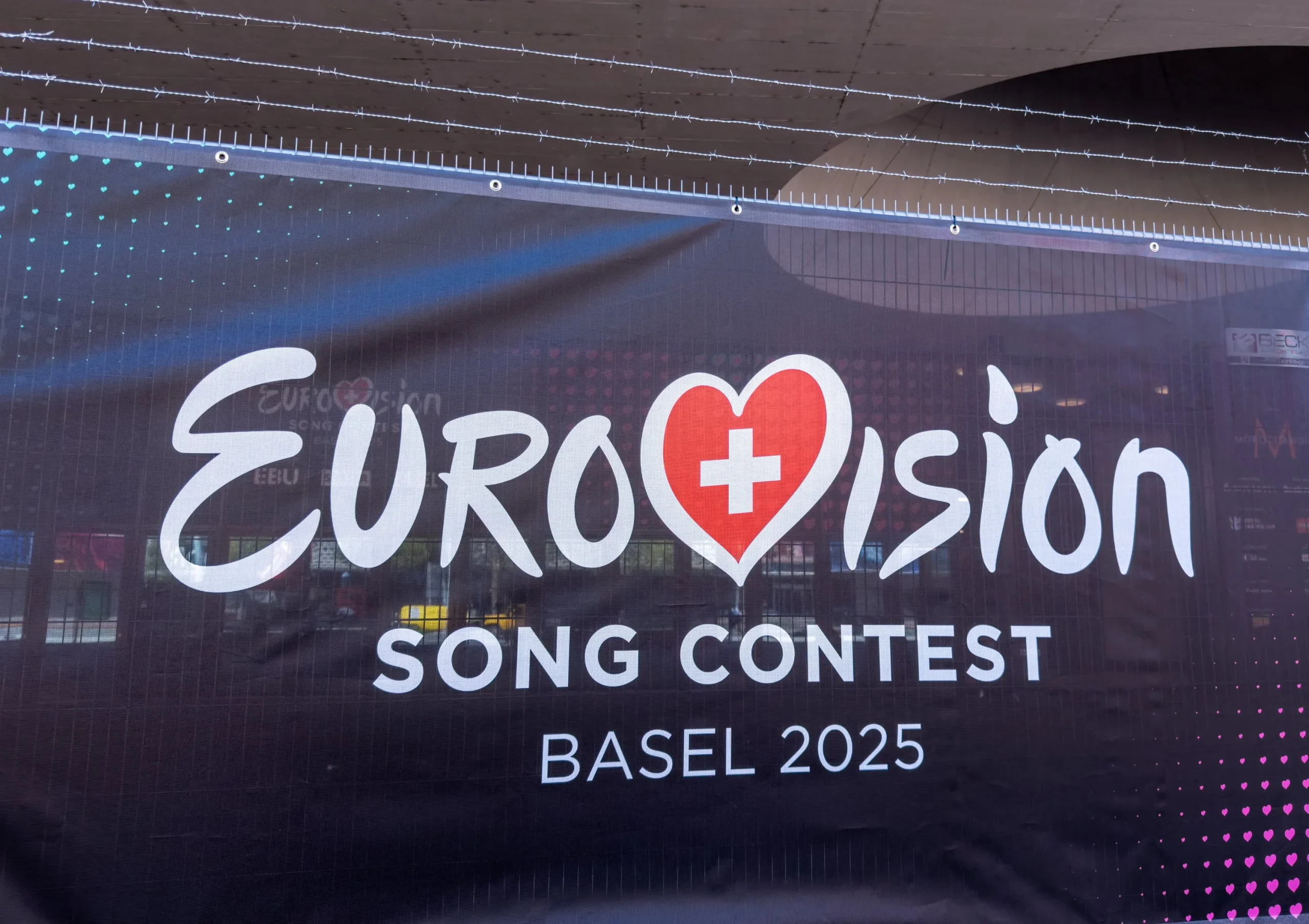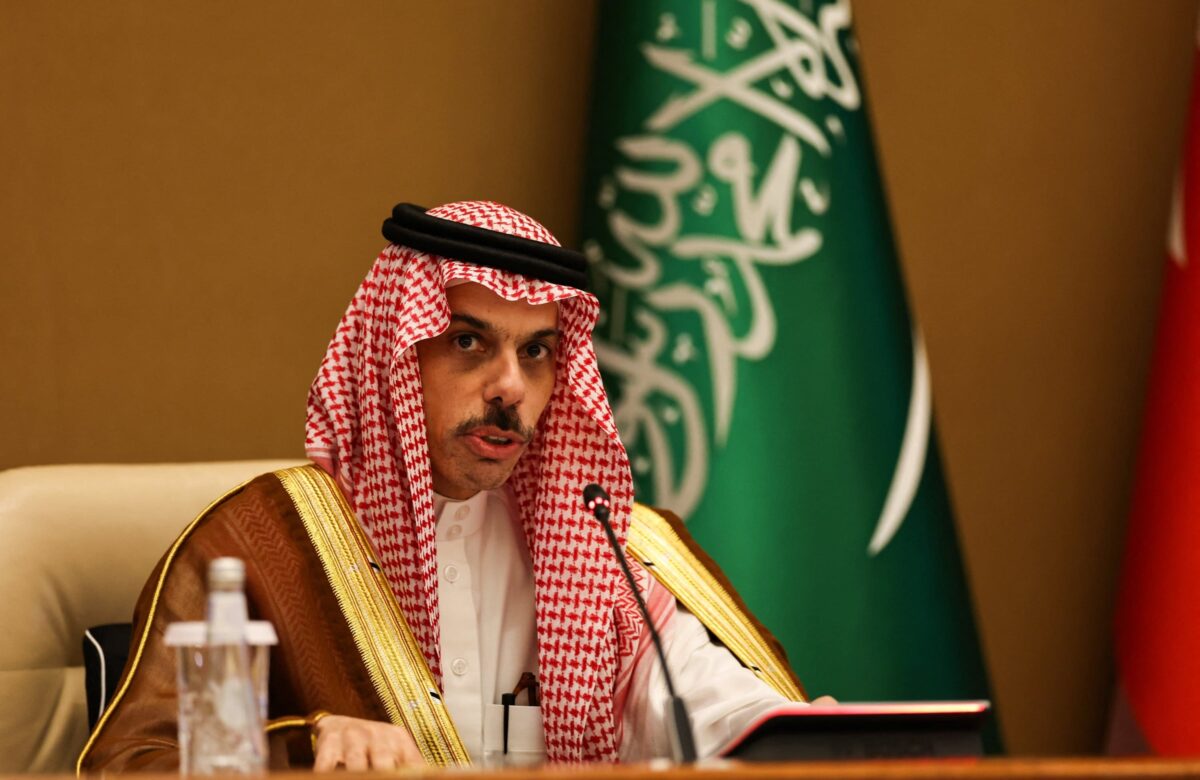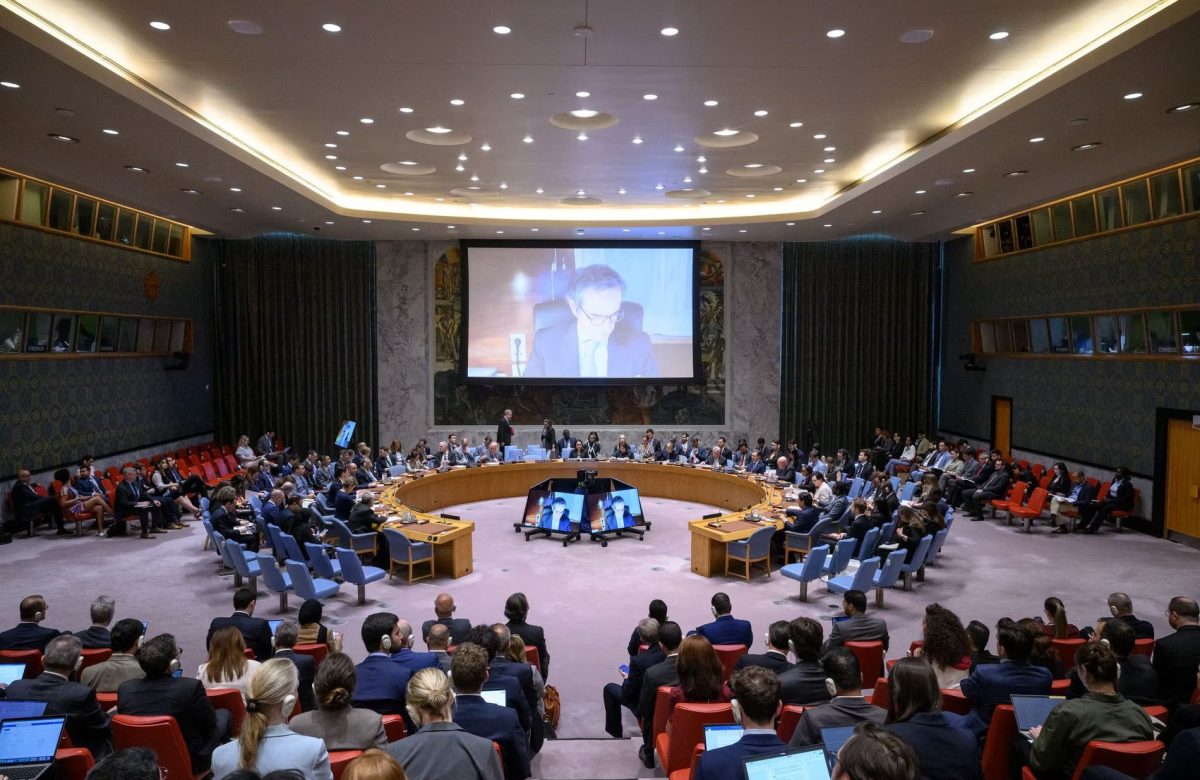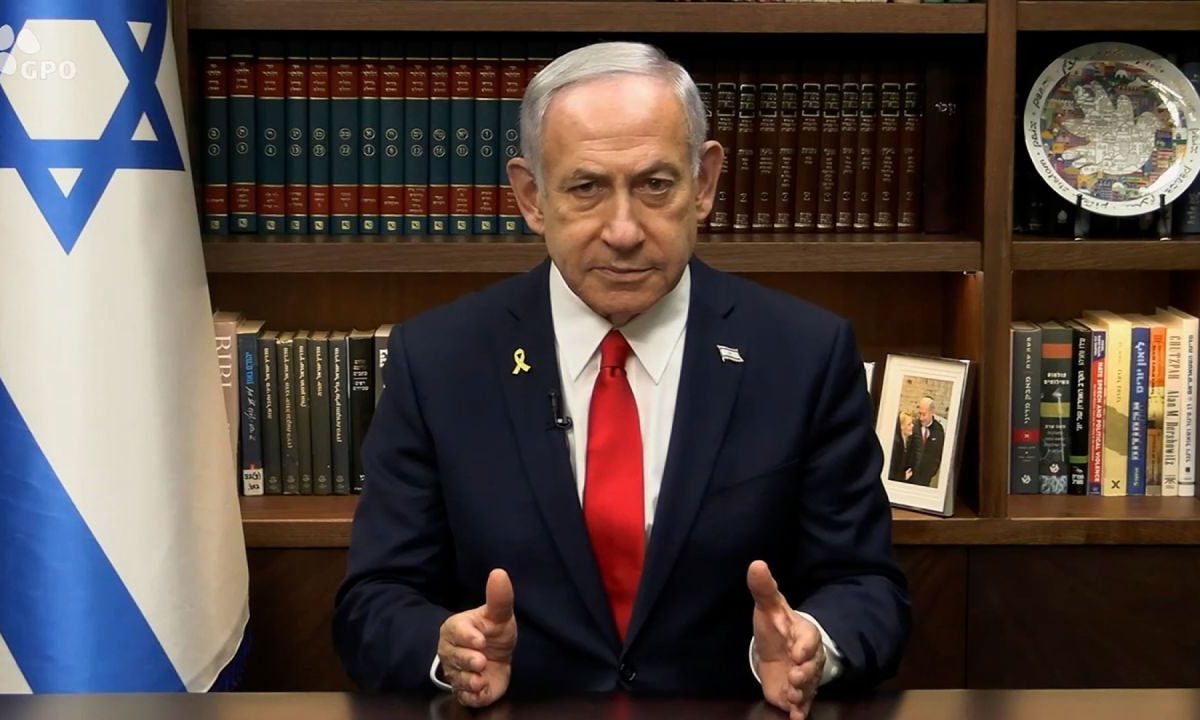
Over 70 Eurovision Artists Urge Ban on Israel Over Gaza Conflict Ahead of 2025 Contest in Switzerland
- Life & Style
- May 8, 2025
- No Comment
Over 70 Eurovision Artists Urge Ban on Israel Over Gaza Conflict Ahead of 2025 Contest in Switzerland
Report by Safarti Tarjuman International Desk
More than 70 former Eurovision participants have issued a public demand calling on the European Broadcasting Union (EBU) to disqualify Israel and its national broadcaster KAN from the upcoming 2025 Eurovision Song Contest in Basel, Switzerland, scheduled from May 11 to 17.
In a strongly worded open letter to the EBU, the signatories accused Israel of committing “genocide against Palestinians in Gaza” and enforcing “a decades-long system of apartheid and military occupation.” The artists argue that continuing to allow Israel’s participation would normalize and sanitize these actions.
Notable signatories include Eurovision champions Charlie McGettigan, Salvador Sobral, and Fernando Tordo. Other supporters come from a range of countries, including UK’s Mae Muller, France’s La Zarra, Turkey’s Hadise Açıkgöz, and Iceland’s 2024 entrants Ásdís María and GÅTE. From Finland, 1991 contestant Kaija Kärkinen, composer Timo Kiiskinen, and commentators Outi Popp and Sanna Kojo also endorsed the appeal.
The letter sharply criticized the EBU for alleged double standards, noting that Russia was swiftly barred from the 2022 contest after its invasion of Ukraine. The signatories stressed that allowing Israel to compete “discredits the values of Eurovision” and demanded immediate suspension to preserve the festival’s credibility.
Momentum behind the campaign continues to grow. A petition advocating for Israel’s exclusion has gathered more than 56,000 signatures, while over 10,000 Finnish cultural figures and citizens endorsed a separate appeal in March urging national broadcaster Yle to support the ban.
For the 2025 edition, Israel will be represented by Yuval Raphael, a 24-year-old survivor of the 2023 Nova music festival attack. He is set to perform “New Day Will Rise” during the second semi-final.
Despite intensifying calls for a boycott, the EBU has upheld its decision, asserting that all public broadcasters meeting membership criteria are eligible to participate. “The Eurovision Song Contest remains a global platform to foster diversity, inclusion, and unity through music,” the EBU stated.
Eurovision week will consist of two semi-finals followed by a grand final, all broadcast live from Basel. Finnish performer Erika Vikman is also confirmed to perform in the second semi-final alongside Israel’s entry.







